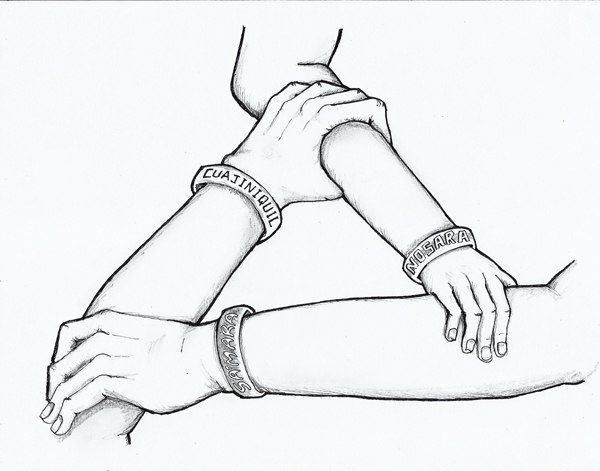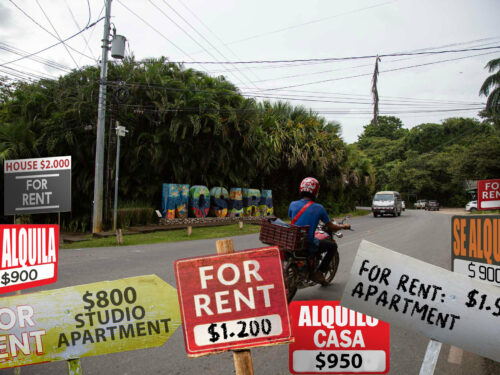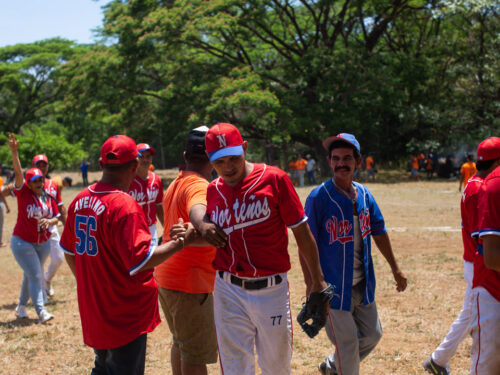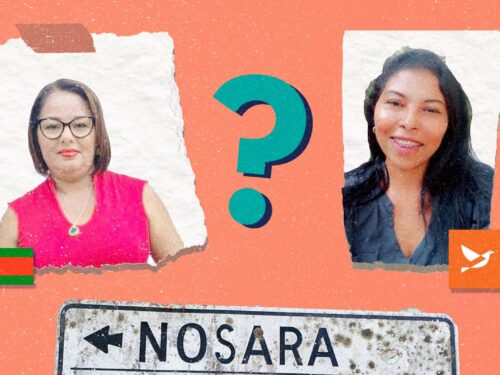The April print edition of Voice of Nosara posted an interview I gave to Arianna McKinney in which I spoke of my work in Alabama in the 1960s Civil Rights Movement.
I mention it now to complete the thought: From Alabama I moved to New York, then Washington, working for Lyndon Johnson’s War on Poverty. For me, the two—Civil Rights and War on Poverty—were one and the same, a single demonstration of practicing what you preach.
The civil rights issue came up in the context of Nosara and the value that comes from better integration of cultures, civic responsibility and regional problem solving. I believe it is a fair comparison between my Alabama birthplace and my new home here in Guanacaste.
Too many places in the sun have grown rapidly without proper planning for realistic improvements, public-private partnerships and effective local government.
We now have the invitation to become a model for Pacific coastal tourism development amidst a boomer phenomenon stretching from Panama to Mexico. Other communities have shown us many things to avoid but have hardly created models for us to follow for the small-scale niche market of the Playas de Nosara.
The coastal communities centered at Nosara, including south to Samara and north to beyond Ostional have now come together to form a new local government responsive to our needs.
As gringos and ticos work to make this a reality, I have thought about positions of privilege against the ideas of equal rights, and then equal opportunity.
Equality includes advancing proactive programs to help local tico businesses serve the booming construction and hospitality sectors; English language courses for hotel and restaurant workers; and, fundamentally, better education, medical, recreational and security services for local citizens. Our own taxes could finally help the communities that surround us as well as our own infrastructure.
Under the stars, at the beach, listening to the howlers or looking in awe at the flowering trees it is difficult to imagine untreated illness or empty stomachs but down the lanes away from the tourism there is serious poverty in Nosara.
We learn from the World Bank that 70% of world poverty exists in middle-income countries like Costa Rica. The poverty headcount in Costa Rica has grown from 19% of the population in 2007 to about 25% today. Obviously, the global recession of 2008-2010 took its toll here as tourism arrivals declined. As everyone who lives fulltime in Nosara understands, it’s difficult to lead a simple life.
The fight for this region to become a new canton is well on its way. For many, it is their civil right for self-government in fulfillment of Costa Rica’s Constitutional guarantees.
But we should also consider what could come next: A war on poverty and equal opportunity efforts could lift our whole community up to become a model for others who wish to develop places more like ours. Step-by-step, we are finding news ways to work, and progress, together.







Comentarios